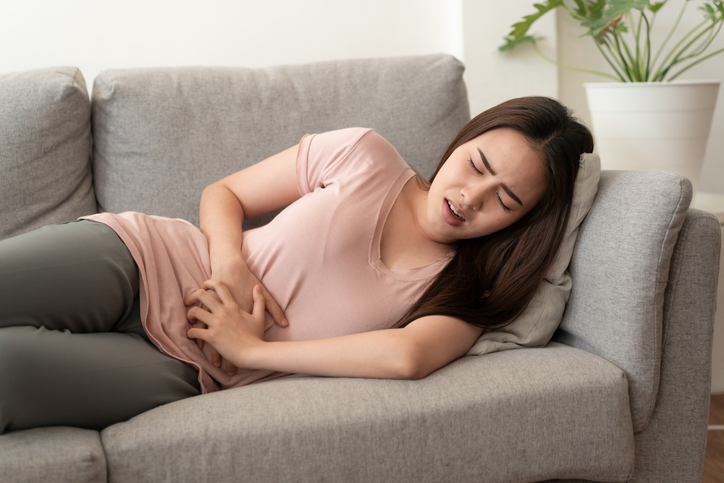Pain
Alternative and Complementary Treatments Options for Colitis

What is colitis?
Colitis is a health condition that involves inflammation of the large intestine (colon). The most common types of colitis include inflammatory bowel disease (ulcerative colitis and Crohn’s disease), pseudomembranous colitis, and ischemic colitis. Colitis can be acute or chronic and ranges from mild to severe.
Alternative and complementary treatments for colitis
In addition to conventional treatments for colitis, such as anti-inflammatory medications and steroids, several alternative and complementary treatments are also available. These treatments include mind-body practices, supplements, and acupuncture.
Mind-body practices
Practices such as yoga, meditation, tai chi, and qigong can help reduce inflammation in the body. Colitis is inflammation of the colon, so reducing overall inflammation markers may help relieve symptoms of colitis. Yoga has been specifically shown to decrease stress and improve well-being in individuals with some types of colitis.
Supplements
Various supplements can be used to help treat colitis:
- Omega-3 fatty acids or fish oil reduce inflammation and support the cells that line the intestinal tract.
- Turmeric has strong anti-inflammatory properties.
- Aloe vera has anti-inflammatory and antioxidant properties that may improve symptoms of colitis.
It’s important to note that a medical professional should always be consulted before taking any new supplement.
Probiotics and prebiotics
Probiotics are good bacteria that can help relieve digestive symptoms associated with colitis. They are found in yogurt (containing live and active cultures), sauerkraut, kimchi, kefir, and kombucha. Prebiotics are substances (usually fiber) that feed probiotics. They support the function of good intestinal bacteria. They can be found in foods such as bananas, garlic, onions, oats and apples. Probiotics and prebiotics can also be taken in supplement form.
Acupuncture
Acupuncture is an ancient Chinese medicine practice that involves the insertion of thin needles into the skin at different points on the body. It is thought to release endorphins, which may relieve pain due to colitis. When combined with moxibustion (burning herbs on specific points on the body), acupuncture has even been shown to improve lab results for individuals with certain types of colitis.
Hypnosis
Hypnotherapy may lower inflammation and help put colitis or inflammatory bowel disease into remission. A specific type of hypnosis known as gut-directed hypnotherapy may be most beneficial.










